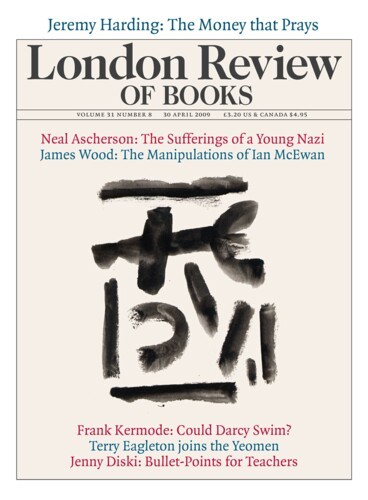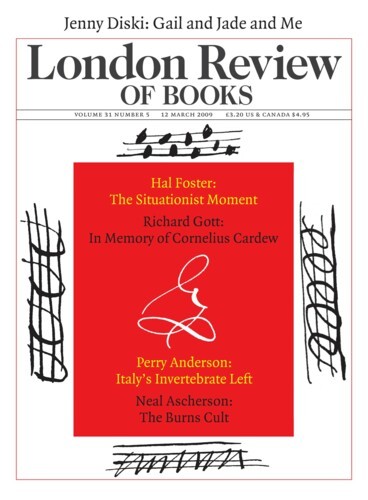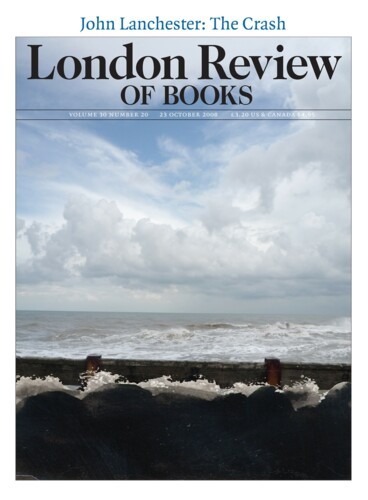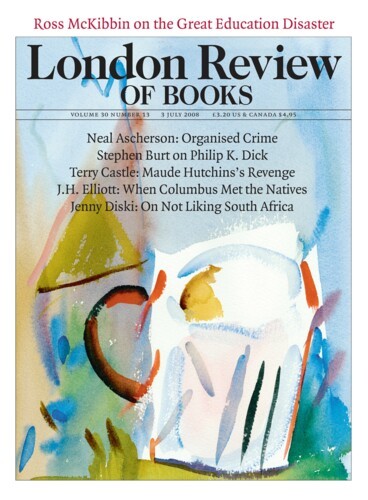Such amateurishness …: The Sufferings of a Young Nazi
Neal Ascherson, 30 April 2009
On the night of 4 February 1983, Klaus Barbie was sitting on the cold metal floor of a transport aircraft. Kidnapped in Bolivia, the former head of the Gestapo in Lyon was being flown back to French territory, to be charged with crimes against humanity. As the hours passed, Barbie answered some of the questions put to him by a journalist. Much of his talk was a sulky protest about the...





